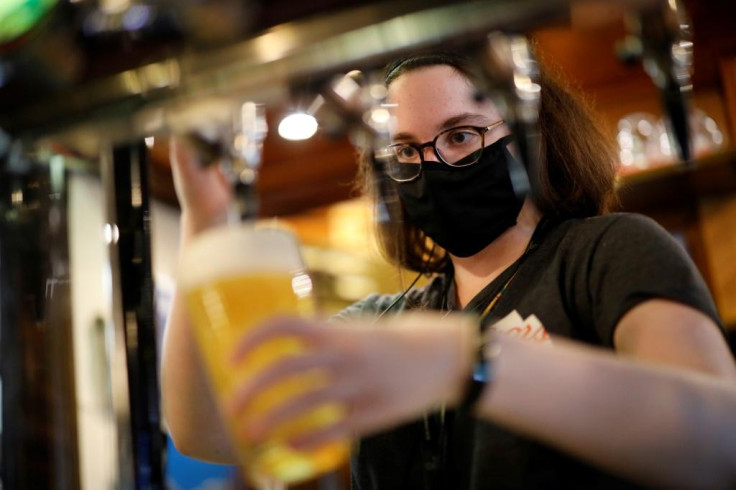Bar Owner's 'I Won't Apologise' Stance Defends Controversial Solo Drinkers Ban
Safety Or Stigma? Evaluating Alibi Bar's Controversial Solo Drinkers Ban After 9 PM

A velvet rope dropped in Altrincham, Greater Manchester, has ignited a fierce national debate, not over a new signature serve, but over a deeply divisive door policy that explicitly bans solo drinkers after 9 p.m.
The owner, Carl Peters, insists the rule, which he announced on Instagram under the heading 'Door policy drama', is not an exercise in exclusion, but a necessary measure to manage safety and atmosphere in a late-night, busy environment.
His dismissal of a customer's complaint that the rule was 'discriminatory'—telling them, 'Sorry mate, don't bring your woke agenda here'—only intensified the furore, positioning the issue at the centre of a wider cultural conversation about risk, responsibility, and social etiquette.
A Rationale of Safety and Atmosphere
Mr Peters argues the policy addresses two main dangers he believes single customers present after dark. The first, and most robust, part of his argument hinges on duty of care. Peters elaborated on the intense legal and practical pressures faced by venue owners when patrons become vulnerable without a companion present.
He questioned the medical risks associated with lone drinkers, arguing that staff cannot be expected to manage scenarios like 'What if you bang your head? What if you have a seizure? What if you drink too much?'
The second reason Peters provided for the ban is the potential disruption to the atmosphere. He claims that single patrons often 'mither' other customers. 'They're not just gonna sit there in a bar having a drink on their own in silence. That's when things start to happen,' such as approaching groups and causing irritation.
The policy, therefore, is viewed by Peters as a straightforward method of eliminating a common source of conflict in an environment fuelled by alcohol.
Peters maintained his unapologetic defence despite the intense scrutiny, telling his followers: 'I won't apologise for prioritising people's welfare [and] safety'. He slammed critics as 'keyboard warriors in their basements, tapping away in their curry stained vests', insisting that his approach is merely 'standard procedure in nightlife'.
Backlash Over Stigmatising Loneliness
The policy drew immediate fire for unfairly stigmatising individuals. The issue escalated beyond local gossip, with publications like The Independent warning that barring single patrons risks exacerbating the UK's social isolation epidemic.
This criticism is grounded in a 2024 poll by the Centre for Social Justice, which found that a third of 18- to 24-year-olds often feel lonely. Critics argue that bars are crucial social infrastructure and that such rules punish those already struggling with isolation.
The debate was particularly heated on social media platforms, where the concept of the 'solo drinker' was sharply defended. While some commenters acknowledged that many late-night venues unofficially operate similar systems, others passionately argued against the stereotype of the 'mithering' lone customer, describing themselves as well-behaved individuals who travel frequently for work or simply prefer a moment of quiet contemplation with a drink.
Despite the 'furore', the door policy remains firmly in place. While Peters insists that solo customers are welcome before 9 p.m., the official signage for the controversial solo drinkers ban is unambiguous about the late-night restriction, clearly stating: 'No single entry. After 9pm, Alibi does not permit single entry. If you are with guests already inside the venue, please contact them in advance of entry. This is for the safety of all guests.'
The policy sign also enforces a number of strict dress-code rules, banning sportswear, tracksuits, Stone Island-branded clothing, baseball caps, ripped jeans, or anything with 'roadman vibes'—all part of the owner's broader approach to curating a specific, controlled, and, he maintains, safer environment.
© Copyright IBTimes 2025. All rights reserved.





















